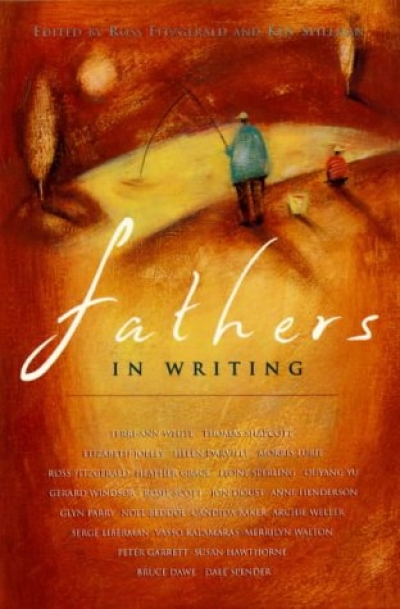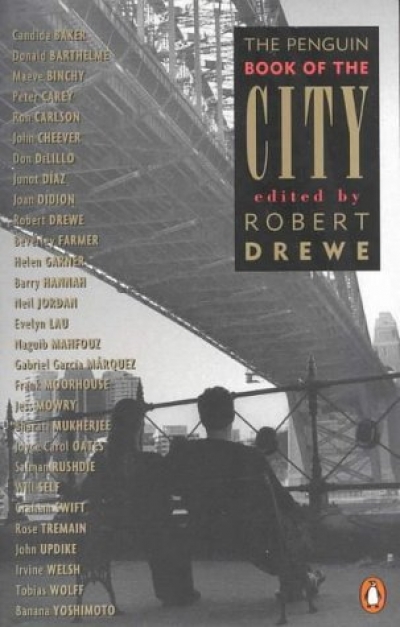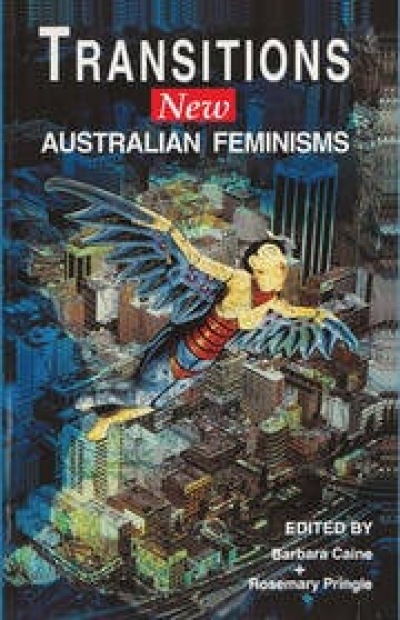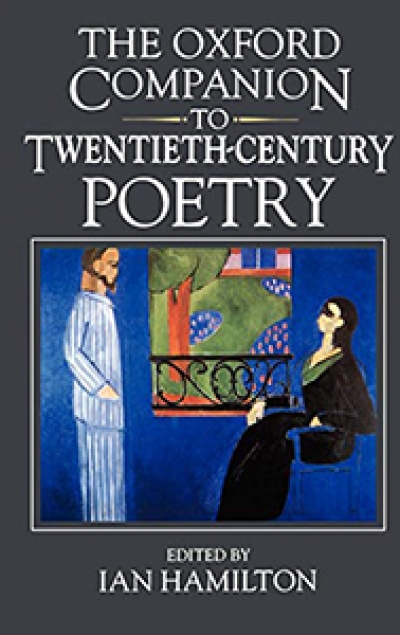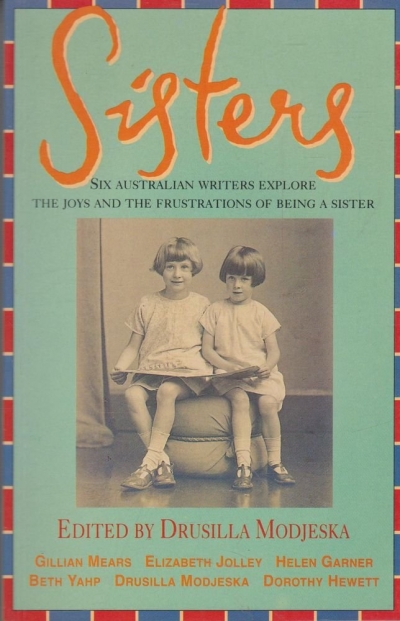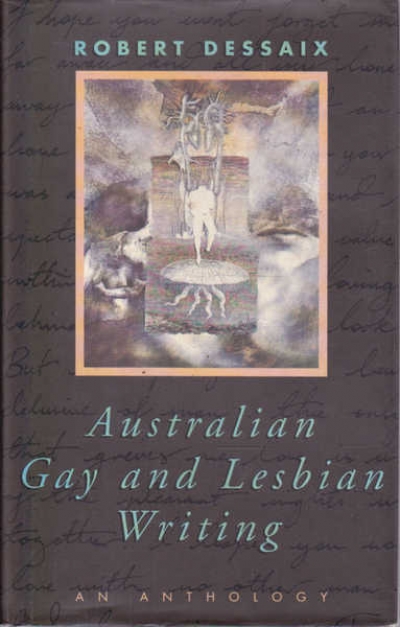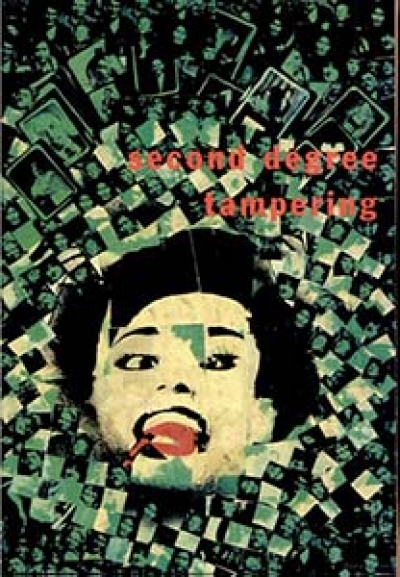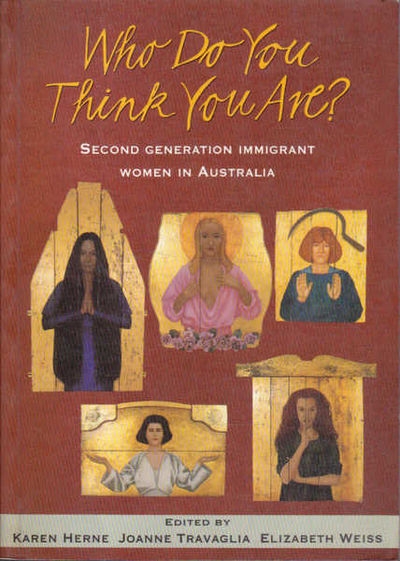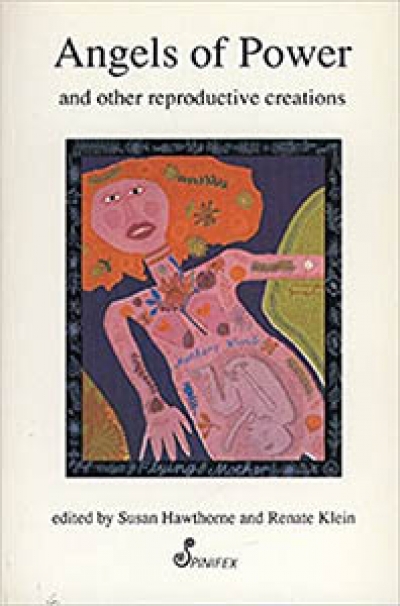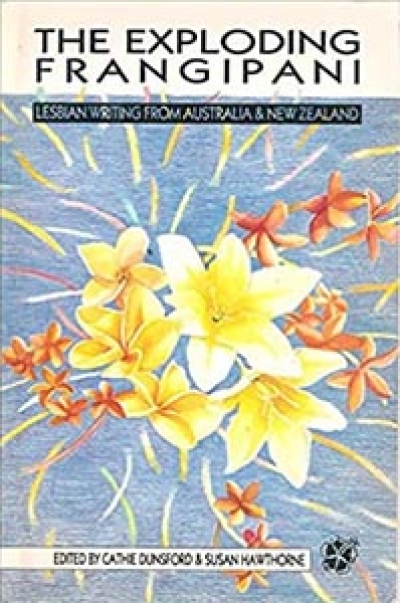Anthology
Fathers in Writing edited by Ross Fitzgerald and Ken Spillman
by Delia Falconer •
Transitions: New Australian feminisms edited by Barbara Caine and Rosemary Pringle
by Barbara Brook •
The Oxford Companion to Twentieth-Century Poetry in English edited by Ian Hamilton
by Pam Brown •
Australian Gay and Lesbian Writing: An Anthology edited by Robert Dessaix
by Tina Muncaster •
second degree tampering: Writing by women edited by Sybylla Feminist Press
by Tina Muncaster •
Who Do You Think You Are?: Second generation immigrant women in Australia edited by Karen Herne, Joanne Travaglia, and Elizabeth Weiss
by Heather Neilsen •
Angels of Power and other Reproductive Creations edited by Susan Hawthorne & Renate Klein
by Helga Kuhse •
The Exploding Frangipani: Lesbian writing from Australia and New Zealand edited by Cathie Dunsford and Susan Hawthorne
by Martin Thomas •

